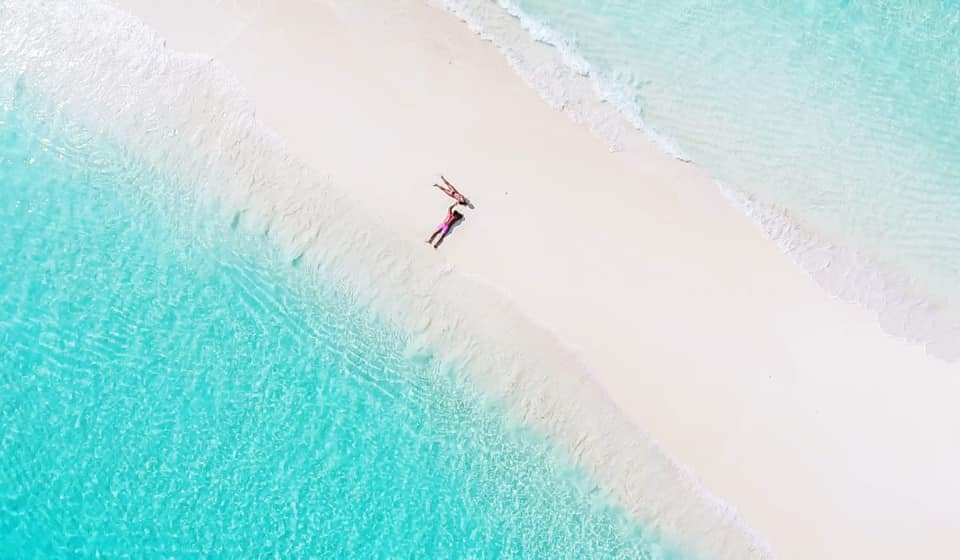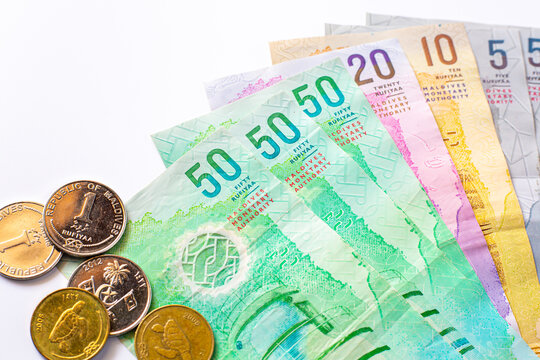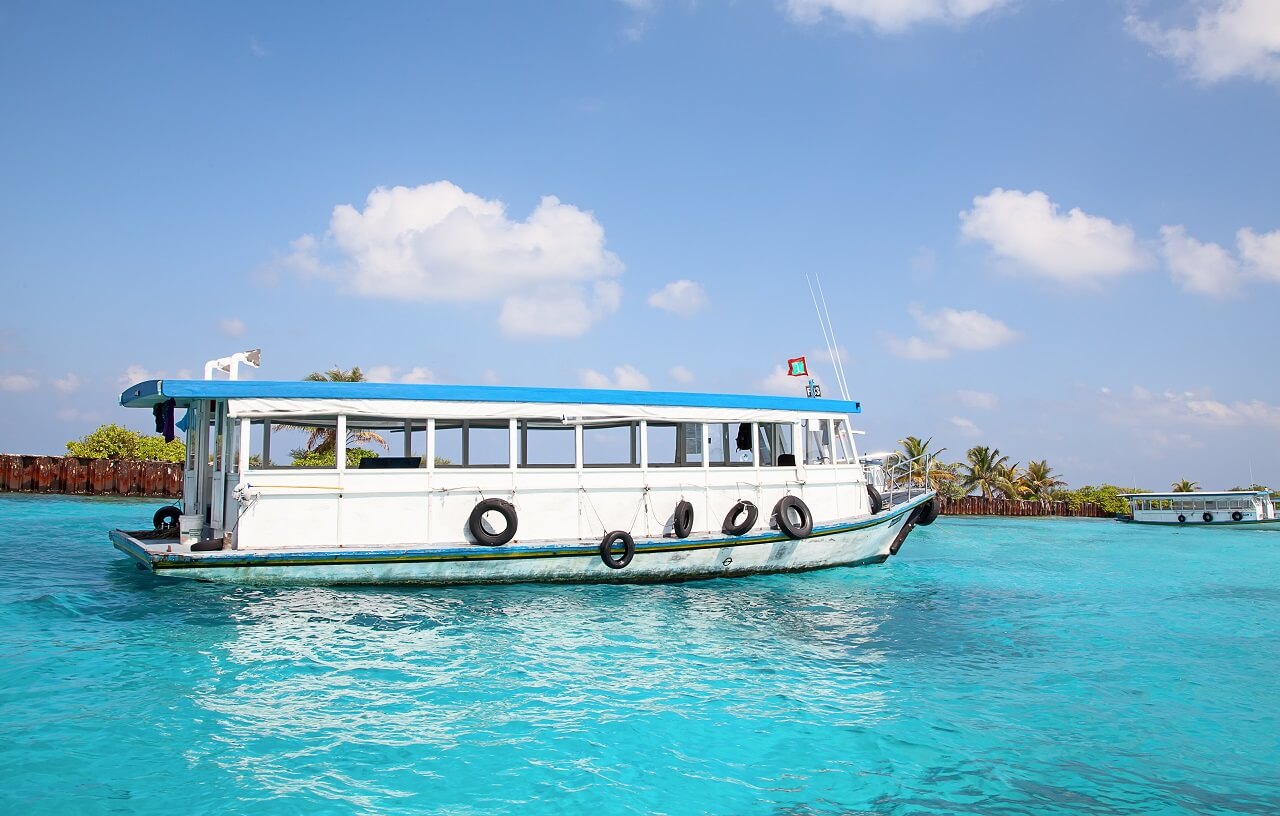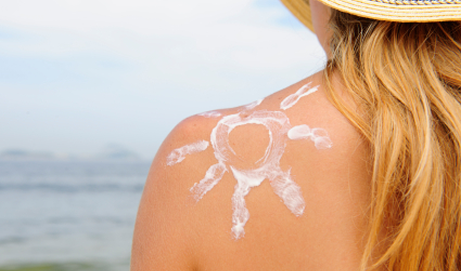10 THINGS YOU SHOULD KNOW IF YOU ARE TRAVELLING TO THE MALDIVES ON A BUDGET

With the advent of local island guesthouses and low cost flight carriers there has never been a more affordable time to travel to the Maldives. At Male International airport it is becoming a far more common sight to see guests arriving with backpacks and not matching Louis Vuitton luggage. These travellers are here to experience a destination previously perceived to be only for those seeking luxury. So, perhaps it’s time you considered a vacation to the Maldives, immersing yourself in the unparalleled beauty of this tropical paradise and creating memories that linger long after the journey ends.
Whilst budget travel in the Maldives is a growing sector of the tourism industry there still remains limited information available for would be travellers and backpackers. So the team at Secret Paradise put our heads together to provide what we feel are the Top 10 tips every budget traveller should be aware of.

- Clearing Immigration and security
To enter the Maldives no pre-arrival visa is required, a thirty day free visa is issued on arrival to all nationalities, provided the following conditions are met:
- Be holding a valid passport ( requires to be valid for 1 month from date of arrival) and have a valid ticket to continue your journey out of the Maldives
- Confirmation of a reservation in a tourist resort or a hotel either in the form of a hotel voucher or online reservation and have enough funds to cover the expenses for the duration of your stay (US$100 + $50 dollars per day)
The right to refuse entry lies at the discretion of the Immigration official, so make it easier for yourself and organise your accommodation prior to your arrival. Online sites such as Booking.Com, Airbnb and Trip Advisor are a great place to start or if you are looking for more of an experience and not just accommodation contact Secret Paradise.
Once you have cleared immigration, collect your luggage and enter the arrivals hall where a representative of the guesthouse or resort should be waiting for you. Importing goods such as alcohol, pork items, pornography, idols of worship and narcotics into the Maldives is strictly forbidden. To make life easier declare the Buddha that you have purchased in Sri Lanka and the bottle of vodka picked up in duty free, the authorities will hold any items declared or undeclared for you to collect as you depart at the end of your stay.
2. Currency Exchange
The Maldives has a non-convertible currency – Maldivian Rufiyaa – this cannot be purchased beforehand. One Rufiyaa is 100 Laari and is available in 500, 100, 50, 20, 10 and 5 Rufiyaa notes. The US Dollar is accepted as legal tender throughout the Maldives. Should you arrive with no USD$ then other major international currencies can be exchanged at the Bank of Maldives Foreign Exchange counter located in the arrival hall. In Hulhumale, foreign currency can also be exchanged at the Currency Exchange counter at Newtown Inn. It is advised not to exchange currency in Male Island where bank queues are common and waiting time lengthy.
Only major foreign currency will be exchanged for local currency MVR. Hold on to your exchange receipt as you will need to present this upon departure at the exchange counter if you wish to change local currency back to foreign currency.
3. Paying in USD$
One US Dollar is equivalent to 15.42 Rufiyaa. However, the exchange rate offered on US$1 and US$5 notes by local businesses may be lower.This is because there is a 3% handling charge made by the bank on the deposit of US$ notes of US$5 or less.
The banks in the Maldives are very particular about the condition of bank notes and will refuse deposits of old style US$, even though still an active currency, damaged notes, badly creased, well-worn, or defaced notes will also be rejected. Therefore, if presenting such a note as form of payment you may be requested to change to a note of better condition. Please do not take offence, it is purely that the note will have no worth to the individual to whom you are paying.
Generally, any change given on a purchase made in US$ will be given in local currency MVR.

4. ATMs and Credit Cards
Most banks represented in Malé provide ATM services. The Bank of Maldives has several branches in Male as well as other major population hubs such as the Male International Airport, Hulhumale and Gan. Several other regional banks also operate in Male and Hulhumale, including the State Bank of India, Bank of Ceylon, and MCB. There are no banks on resort islands nor on many local islands. However, there are now a greater number of local guesthouse islands with an ATM, these include Maafuishi and Thulusdhoo. Only local currency MVR will be dispensed from ATMs. There is an ATM at the Male and airport branch of the Bank of Maldives dispensing US$, however, it only dispenses to Bank of Maldives cardholders.
All major credit and debit cards can be used at resorts, hotels and many shops and restaurants in Male as well as on local islands. Note however, that a credit card payment fee may be applied to the total value of your bill. This charge can fluctuate dependent on the credit card payment processing company and may be up to the value of an additional 5%.
5. Local Tax
All services directly related to guests will incur 10% service charge and 16% T-GST (Tourism Goods and Service Tax). The 10% service charge is applied to the total value and 16% T-GST applied to the total value + service charge.
On local islands GST (Goods and Service Tax) is imposed on the value of goods and services supplied by a registered business such as a local cafe, local restaurant or local shop.
Environmental ‘Green’ tax will be applied to all stays in accommodation registered as a hotel, resort or liveaboard from 1st November 2015. This adds a further US$6 per person per night and is not subject to T-GST/GST.
From October 2016 $3 will be charged per person per night for guests staying on local islands in guesthouses.
Always check the small print online or ask if it is not clear to ensure that all appropriate local tax is included. What at first appears to be a great deal may not turn out to be.
6. Tourist Information
Unlike most destinations, don’t expect to find a tourist information centre that will provide answers to all your questions. There is an Information Desk within the arrival area of the airport who are happy to point you in the right direction, assist you if you need to contact your accommodation provider and provide you an information booklet. They are not there, however, to organise accommodation, excursions or transfers. Once you arrive at your hotel, guesthouse or resort they will be able to offer advice on excursions and activities or check out Trip Advisor for local operators providing these services.

7. Transferring from the airport
If you have booked with a tour company such as Secret Paradise or with a hotel, guesthouse or resort it is likely that you will have provided them with your flight arrival details. If this is the case then it is usual for them to send a representative to meet with you at the arrival gate. They will then take care of your onward transfer meaning less hassle for you!
The opening of the Sinamale Bridge at the end of August 2018, linking Male with Hulhule Island and Hulhumale, has brought about a number of changes to transfer choices to and from the airport. It is now possible to take a private taxi to Hulhumale or Male from the taxi rank directly outside the arrival area. Note that vehicles are currently not allowed to wait but from our experience there appears to be a steady stream of vehicles so you should not have to wait long. The current charge is 85MVR to reach Hulhumale or Male and 100MVR for Hulhumale’ Phase 2, which also entails crossing the bridge.
To reach Male independently you can also take the airport public ferry, charge MRF10 or US$1 per person one way, leaving every 15 minutes. The ferry leaves from the new water front jetty, beneath the waterfront food court and opposite the domestic terminal. When you arrive in Male, after just a 10 minute public ferry ride, you will be able to hail a taxi from the ferry terminal to your destination, guesthouse or hotel. A one stop drop regardless of distance is within Male’ and Hulhumale’ is 35MVR.
To reach Hulhumale independently you can either enquire as to if a guesthouse vehicle has room on their return journey, the charge would usually be around US$10 one way or take the public bus or a taxi as detailed above. The airport bus departs every 30 minutes from the airport and Hulhumale on a 24 hour timetable. On the hour and on the half hour except on Fridays during Friday Prayer when there are no buses between the hours of 11:30 and 13:30. The charge is 20MVR per person one way and it is a journey of 15 minutes. Luggage is accepted and stored in the luggage compartment. At the airport the bus stop is located in front of the domestic terminal, which is to the right hand side of the International arrival area as you face the ocean. In Hulhumale the bus stop is at the T Junction of Nirolhumagu and Huvandhumaa Higun.
Due to the location of the airport terminal it is currently not possible to walk to Hulhumale, although this will change with the final development of the airport area.
If you are transferring on to an island outside of the immediate capital area it is likely that transfer arrangements offered will include speedboat or for islands further afield a domestic flight. These methods will add a minimum of $25 per person one way dependent on distance and if the service is scheduled. Note the Maldives covers a distance of over 800KM north to south. If you have done your homework it is possible to take a local ferry to many central atoll islands. These local ferries depart from one of a number of jetties in the capital Male so ensure you have allowed time to cross to the capital and locate the correct jetty.
8. Business Hours
It is important to know that the Maldives follows a business week from Sunday to Thursday. Most places are closed on a Friday until after Friday prayer. No public ferries operate on a Friday with the exception of those operating in the capital area between Male, Hulhumale and Villingili. These ferries also stop operation between 11:30 and 13:30 for Friday prayer.
The shops in the the Maldive islands open at different times in the morning but usually before 09:00. Most shops close for prayer times for an interval of 15 minutes.The latest time for the shops to close business is 23:00 and cafes and restaurants 00:00.
9. The Maldives is a Muslim country
The Maldives is a 100% Muslim country and care needs to be taken in relation to the dress code on local islands. Whilst it is acceptable for men to wear T Shirts and shorts or swim shorts; females should avoid causing offence by maintaining a more conservative approach to clothes by wearing T Shirts, loose shorts or sarongs and avoid wearing bikinis and swimwear unless on an un- inhabited island, picnic island, sandbank, dive boat, resort island or in beach areas that’s designated as Bikini Beaches. Whilst the law restricts the wearing of bikinis on local islands, many guesthouses now provide dedicated tourist beaches or private gardens and sunbathing terraces.
Most hotels and guesthouses can arrange visits to nearby resorts where bikinis can be worn freely and alcoholic beverages are available. Note that resorts charge an entrance fee and access is subject to availability.
10. Don’t be afraid to travel in low season
With a tropical climate, plenty of sunshine and temperatures around 30°C throughout the year, there is never a bad time to visit the Maldives. There are however two distinct seasons; dry season (northeast monsoon) and wet season (southwest monsoon), with the former extending from January to March when rates will be at their highest and the latter from mid-May to November. The rare thunderstorm in the Maldives (especially around the southwest monsoon months) can be a welcome respite from the sun.
There can be heavy rain showers pretty much any time of year, but they tend to be short and cannot be accurately predicted seasonally (in other words – don’t worry too much about them – you will quite possibly experience some rain showers, but the majority of the weather should be great, and you will be unlucky to get several consecutive days of heavy rain).
Diving is good all year-round, although a basic rule is that reef life is more varied and visibility is better on the western side of any atoll from May to November and on the eastern side of any atoll from December to April.
As the Maldives is situated so close to the equator it is possible to burn even on a cloudy day and sun screen should be applied as a matter of course.
For those travelers who are looking for a helping hand to arrange a budget trip to the Maldives, require advice on which island or guesthouse to choose or want to experience more of the cultural elements of the Maldives the Secret Paradise team are just an email or phone call away!
Let your Maldives adventure begin!
